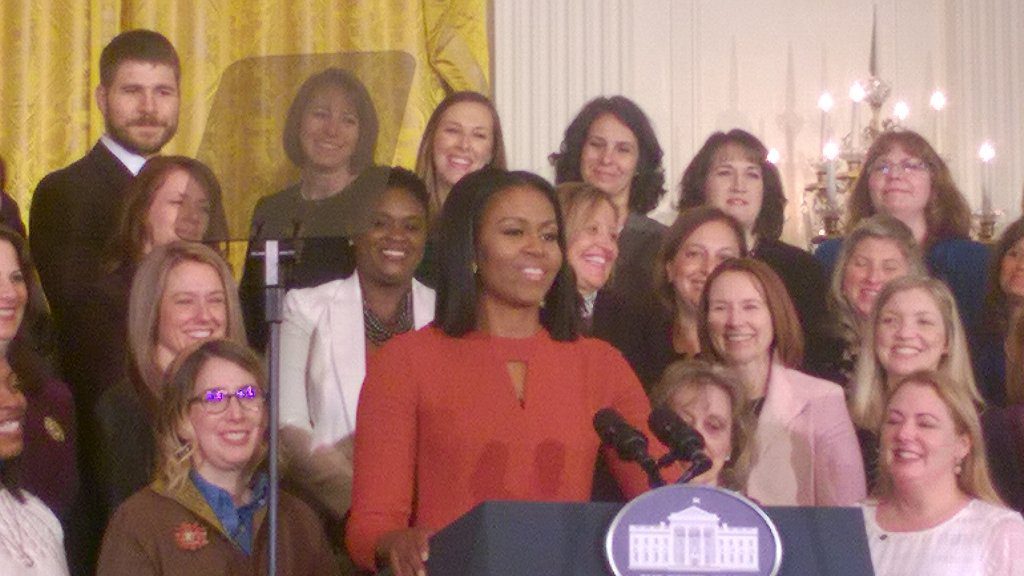 This week, we celebrate National School Counseling Week. The theme this year is “School Counseling: Helping Students Realize Their Potential.” School counselors play a significant role in students’ lives and are vital members of the education system. The role of the school counselor is always evolving, as they take on much more than helping with college applications. School counselors are an active part of the education team that works with teachers, administrators, students and the community to keep the education ecosystem alive. According to the American School Counselor Association, they support students “in the areas of academic achievement, personal and social development and career development, ensuring today’s students become the productive, well-adjusted adults of tomorrow.” That’s an enormous job, and this week we honor and thank school counselors for their tireless dedication to guiding our students to successful college and career pathways.
This week, we celebrate National School Counseling Week. The theme this year is “School Counseling: Helping Students Realize Their Potential.” School counselors play a significant role in students’ lives and are vital members of the education system. The role of the school counselor is always evolving, as they take on much more than helping with college applications. School counselors are an active part of the education team that works with teachers, administrators, students and the community to keep the education ecosystem alive. According to the American School Counselor Association, they support students “in the areas of academic achievement, personal and social development and career development, ensuring today’s students become the productive, well-adjusted adults of tomorrow.” That’s an enormous job, and this week we honor and thank school counselors for their tireless dedication to guiding our students to successful college and career pathways.
According to the American School Counselor Association, middle and high school counselors are “professional educators with a mental health perspective who understand and respond to the challenges presented by today’s diverse student population.” A report from the National Association for College Admission Counseling (NACAC) notes, “students who meet one-on-one with a school counselor are significantly more likely to attend college and apply for federal financial aid.” NACAC’s research report – How Can High School Counseling Shape Students’ Postsecondary Attendance? – shows that twelfth graders who talked about their future plans with a school counselor were:
• 6.8 times more likely to complete a Free Application for Federal Student Aid (FAFSA);
• 3.2 times more likely to attend college; and
• two times more likely to attend a bachelor’s degree program.
School counselors devotedly serve our students, and, given that counselors are few in number, often have large student caseloads, and have additional constraints on the amount of time they can dedicate to college counseling, they have a significant impact on student success. According to The Atlantic’s article on The Undervaluing of School Counselors “thankfully, leaders in the education community are increasingly recognizing the pivotal role of the school counselor in the lives of students, particularly low-income and first-generation ones who might not have any other adult in their lives who applied to and attended college.” School counselors have positive effects on all students, but interactions with first-generation and underserved students are most critical.
We honor school counselors for all the hard and often thankless work they are doing and appreciate the extra mile they continue to go—especially for our underserved populations— to ensure educational access and opportunity for all students.
Photo Credit: Marten Roorda while attending the 2017 School Counselor of the Year at The White House
